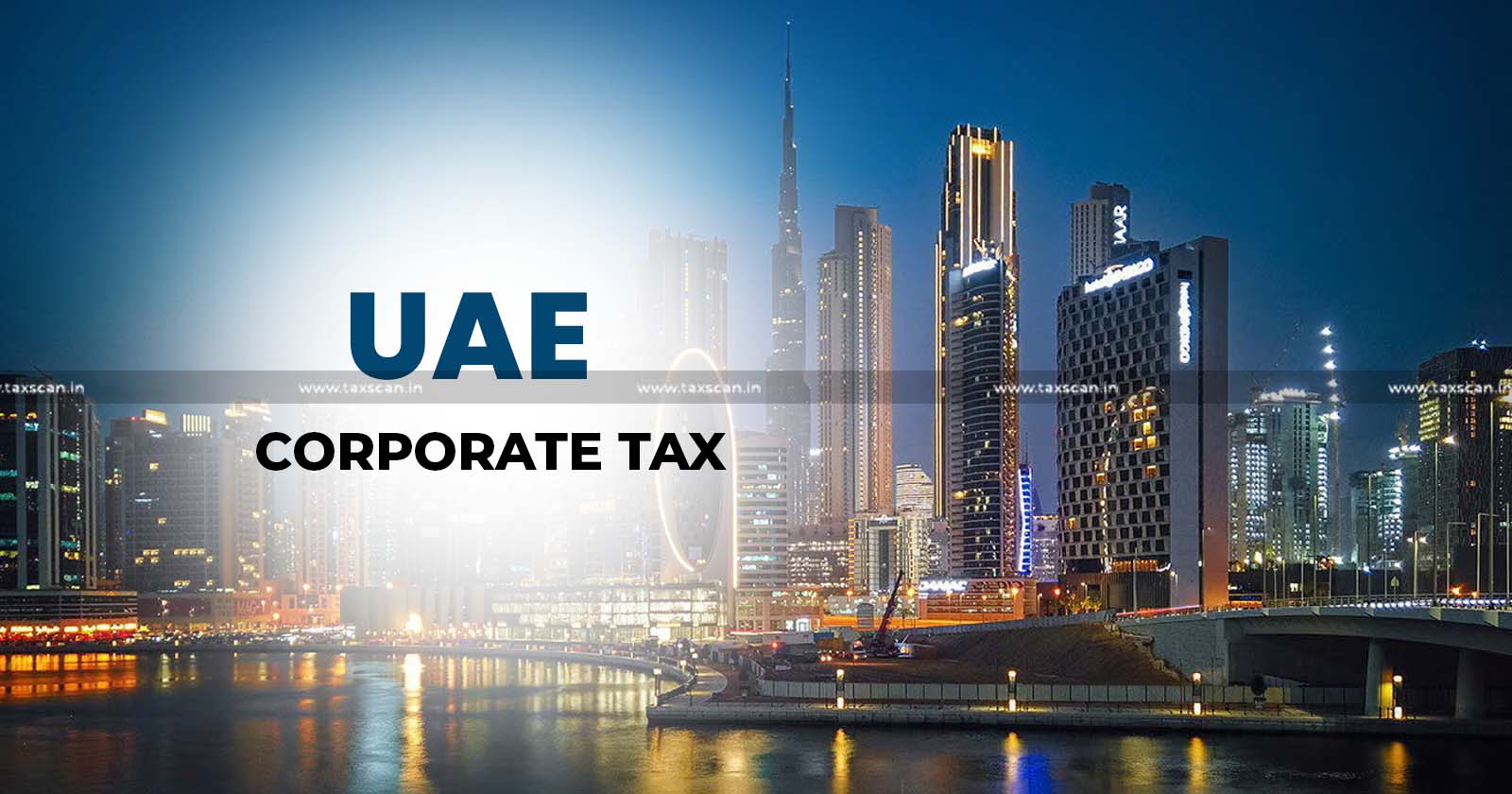15% Minimum Corporate Tax on Multinationals: UAE's New Move Starting January
In addition to the DMTT, the Finance Ministry is considering several corporate tax incentives to stimulate economic activity. One notable proposal is an expenditure-based incentive for research and development (R&D), offering a refundable tax credit of 30% to 50%, depending on the company’s size and revenue

Corporate Tax on Multinationals – Corporate Tax – UAE – Domestic Minimum Top-up Tax – DMTT – TAXSCAN
Corporate Tax on Multinationals – Corporate Tax – UAE – Domestic Minimum Top-up Tax – DMTT – TAXSCAN
The United Arab Emirates ( UAE ) will implement a 15% Domestic Minimum Top-up Tax ( DMTT ) on large multinational corporations operating within its borders, starting January. This move, announced by the Finance Ministry of the UAE, intends to heave non-oil revenues and situate the UAE’s tax policies with global standards.
Historically, the UAE, heavily reliant on oil revenues, did not collect taxes from residents, enterprises, or citizens. However, the sustainability of a nation’s economy based solely on natural resources has its limits. It was inevitable that resource-dependent countries like the UAE would eventually have to diversify their revenue sphere and adopt tax systems to support their growing economies.
The DMTT is part of the OECD’s global minimum corporate tax set up, signed by 136 countries, including the UAE. This vitality pursued to sew up that large multinational enterprises (MNEs) pay a minimum effective tax rate of 15% on profits in each country where they operate, thereby combating tax avoidance and stimulating a honourable global tax system, reported Reuters.
Drafting GST Replies Simplified for Professionals - Enroll Now
In line with the OECD’s Two-Pillar Solution, the DMTT will apply to companies with consolidated global revenues of €750 million ($793.5 million) or more in at least two of the four financial years preceding the tax’s implementation.
The UAE, a major hub for multinational corporations in the Middle East, is tabling these measures to magnify its fiscal prospect. This follows the 2023 rollout of a 9% corporate tax rate, which included exemptions for free zones—an integral part of the country’s economic system.
In addition to the DMTT, the Finance Ministry is considering several corporate tax incentives to stimulate economic activity. One notable proposal is an expenditure-based incentive for research and development (R&D), offering a refundable tax credit of 30% to 50%, depending on the company’s size and revenue.
Drafting GST Replies Simplified for Professionals - Enroll Now
This incentive is projected to apply to tax periods starting in 2026. Another measure is a refundable tax credit for high-value employment activities, which would allow companies to recover a percentage of eligible employee income costs. This could be introduced as early as January 2025, pending legislative approval.
Many companies were initially drawn to the UAE due to its tax-free regime, which materially augmented its appeal as a global business hub. However, the introduction of corporate tax may have mixed effects.
While it plans to set the UAE with international tax standards and improve government revenue, there is speculation that it might affect the country’s attractiveness to certain businesses. The true impact of these tax reforms remains to be seen and will likely depend on how they are implemented and received by the global business community.
Support our journalism by subscribing to Taxscan premium. Follow us on Telegram for quick updates


